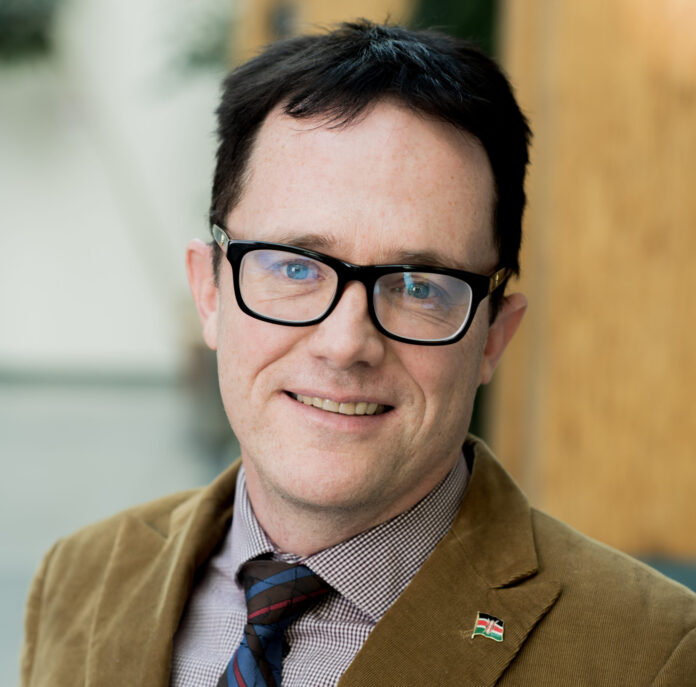The first federal budget tabled by Prime Minister Mark Carney and his Liberal government will feature a deficit of 78-billion dollars.
However, some of the highlights include 40-thousand fewer civil service positions by 2029 as well as major investments for infrastructure ($51 billion) and the Canadian Armed Forces ($81 billion).
UNBC political science lecturer Jason Morris told Vista Radio the budget is a change of course, but also needed.
“Massive investments in infrastructure, housing and the military just might be what Canadians need and have been asking for. But of course, adding to the debt for all of this means future generations that don’t get a vote on this budget will be the ones making the investments to spur the economy today and in the years ahead.”
However, the hard part will be getting enough support to pass it, if Carney isn’t successful, residents would likely head back to the polls.
“I think its reasonable that if you can’t appeal to three more people that you have some issues and you should have an election. The Conservatives would like to see a plan to balance a budget, the NDP is always going to want more social spending for the daycare and pharma care and for the Bloc Quebecois, its all about Quebec.”
That number trimmed to two late Tuesday afternoon as Nova Scotia MP Chris d’Entremont crossed the floor and joined the Liberals after spending the last five years as a Conservative.
In addition, Green Party Leader Elizabeth May, stated she won’t vote in favour of the budget unless the Liberal government improves the climate policies outlined in the document.
Other notes from the budget include another major cut to immigration with temporary residents like students and foreign workers to be cut by nearly 50 per cent.
Furthermore, projects like high-speed rail, new ports, carbon capture and storage face likely approval in the coming months.
Something going on in the Prince George area you think people should know about?
Send us a news tip by emailing [email protected].







